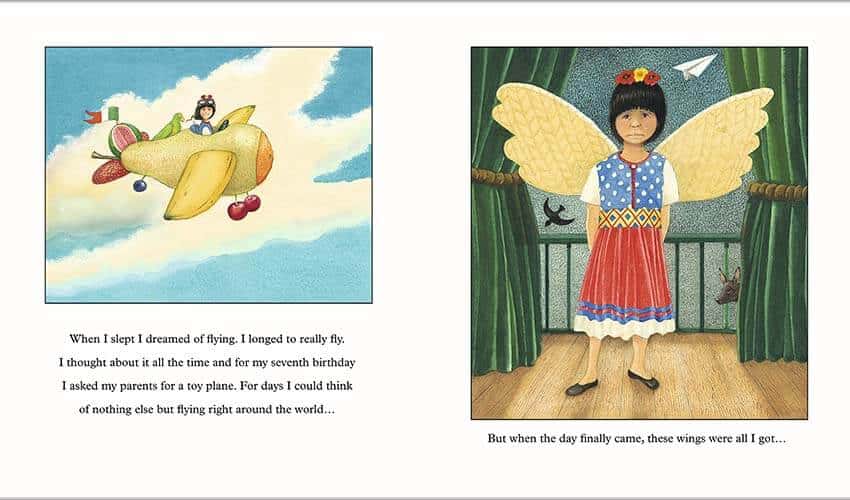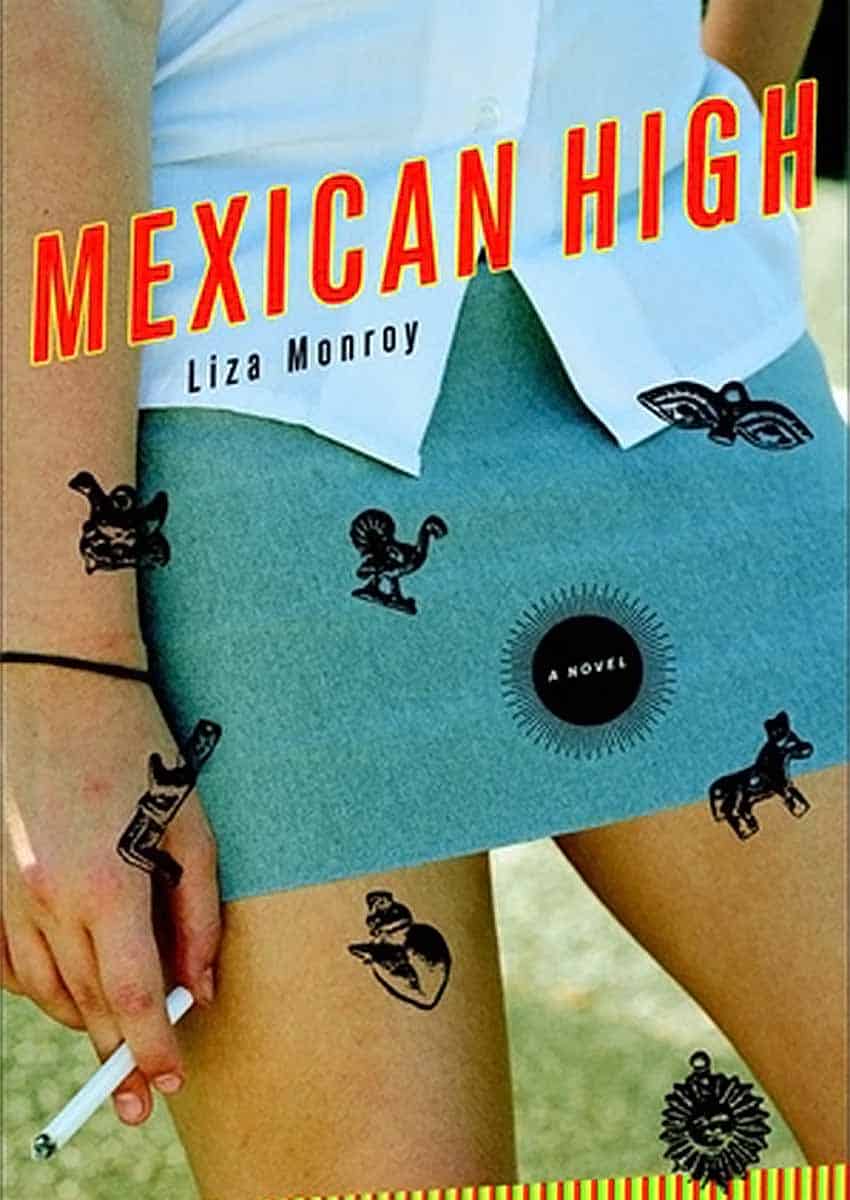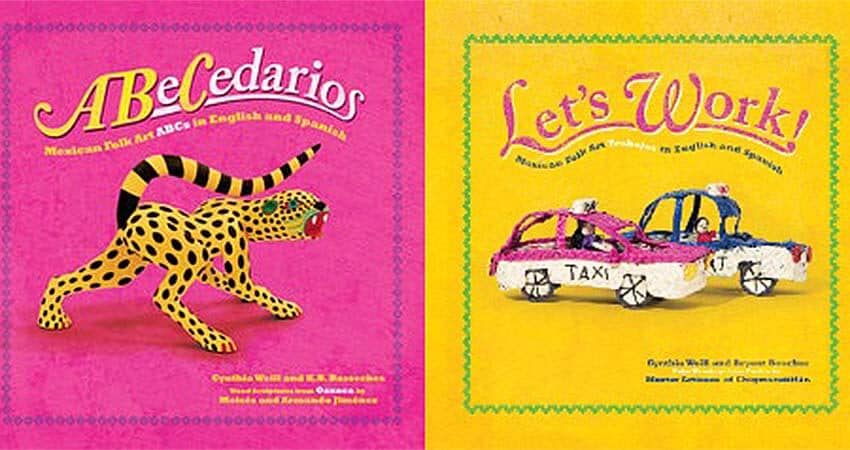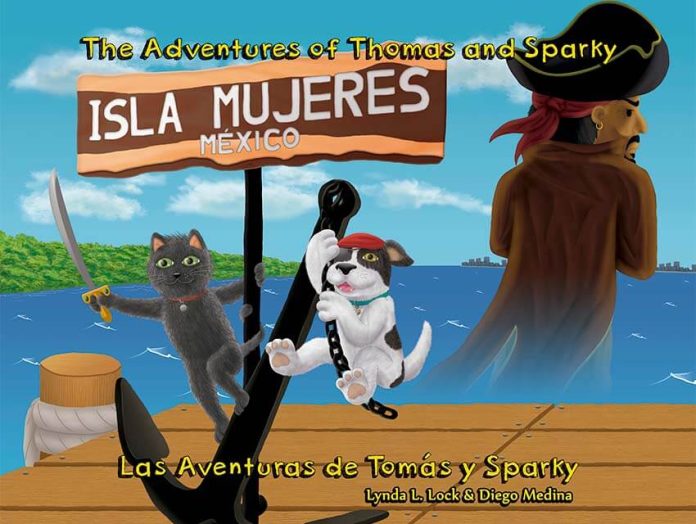Not too long ago, if you were thinking of moving to Mexico, you were at retirement age with kids long since grown. Today, because of the rise of the digital nomad, younger people are making the move and even bringing children with them.
The trend has not gone unnoticed in publications in both Mexico and the United States. It was noted almost offhandedly for at least several years and lately has become something of a hot topic in U.S. newspapers.
In addition to economics, parents make the move at least in part because of Mexico’s family-oriented culture and to allow their children to experience another language and culture. Those who have recently arrived or are in the preparation stages might be interested in books to give their kids a head start on the move.
I would like to note here that the “Mexican” books featured here are about Mexico and its culture, published in English or bilingually. Mexican-American culture and experiences, along with northbound immigration experiences, are distinct to life south of the Rio Grande for various sociopolitical reasons.

Mexico, of course, produces and sells children’s books, but they see little push to publish in English (yet?).
There are almost no children’s book authors that specialize exclusively in such “Mexican” books. The closest is Cynthia Weill, who has been publishing a series of books for very young children using images of Mexican folk art.
Although she lives and works in New York City, Weill has a longstanding relationship with Mexico since her doctoral thesis days in Oaxaca. Her books focus on basic concepts such as numbers, letters, work activities and the like, with striking photographs of Oaxacan-style alebrijes — wildly-colored animals painted in bright colors and detailed designs — but she has one book that focuses on the meticulously woven palm frond figures of Chigmecatitlán, Puebla.
Weill may be unique in her consistent focus on Mexico, but there are a number of general children’s book authors who have found inspiration in Mexico.

Duncan Tonatiuh’s books stand out for their beautiful illustrations based on pre-Hispanic art. He published his first book, Dear Primo: A Letter to my Cousin, in 2010. The book demonstrates the differences between life in Mexico and in the U.S. Other Mexico-related topics covered by this San Miguel de Allende-raised author include Diego Rivera, Day of the Dead and reworked folk stories.
Many of Yuyi Morales’ highly-acclaimed works understand the power of reading for cultural adaptation: she credits the children’s section of a U.S. public library with helping her learn English even though she was an adult when she arrived in the country.
Some of her titles are based on stories from her childhood in Xalapa, Veracruz, such as her first success, Just a Minute, where Grandma Beetle repeatedly tricks a skeleton named Señor Calavera (Mr. Skeleton). Other titles include ¡Viva Frida¡, illustrated with puppets she made, and two related to the Mexican wrestling sport of lucha libre: Nino Wrestles the World and Rudas: Niños Horrendous Hermanitas.
Canadian Lynda L. Lock is best known for her mystery novels set in Isla Mujeres, but her first foray into publishing was with the children’s book The Adventures of Thomas the Cat/Las Aventuras de Tómas el Gato written with Diego Medina and set in Isla Mujeres, Quintana Roo. Using the same setting, she has since published other books based on her rescue dog, Sparky. One of her reasons for writing children’s books, she says, is to show what a lovely place Mexico is.

Carmen Tafolla has written several books. For the preschool set, there is Fiesta Babies, which includes festival words in Spanish, along with a glossary for linguistically-challenged parents. And although it’s about a Mexican-American girl, Tafolla’s What Can You Do with a Rebozo? teaches young readers about the very iconic Mexican garment the rebozo — a long, rectangular shawl that is all but indispensable to Mexican women and girls, at least for Independence Day and on any other opportunities to show Mexican pride.
Tafolla also wrote Baby Coyote and The Old Woman.
Prolific children’s book writer Tony Johnson has written one book that fits this category: My Mexico/México Mío.
Other recommendations include:
- Little Frida by Anthony Browne
- Not a Bean by Claudia Guadalupe Martínez and Laura González
- Pacho Nacho by Silvia López and Pablo Pino
- The Life of Frida Kahlo by Jane Kent and Isabel Muñoz
- A Gift from Abuela by Cecilia Ruíz
There seems to be a dearth of titles for young adult readers, but there are some. One is Mexican High by Liza Monroy. The “high” refers to high school, by the way, since protagonist Mila’s diplomat mother gets assigned to Mexico City and Mila must spend her senior year in an international high school with children of the Mexican elite while trying to solve a very personal mystery.
There’s also Angela Cervantes, author of Frida and the Secret of the Peacock Ring, a mystery that draws inspiration from the life of Frida Kahlo. Cervantes also wrote the children’s novelization of the hit Disney film Coco.
Needless to say, children, especially the younger ones, pick up a foreign language much faster than us old folks. Once your child has a certain level in the language, you have a world of Spanish-language children’s literature here to choose from. Check out recommendations from IBBY México. The site is in Spanish only as it is geared to Mexican parents, but don’t worry: your kid will help you navigate it.
If you move to Mexico City or La Paz, Baja California Sur, you can find more help at Libros Libros Libros and Allende Books respectively. Libros Libros Libros has been providing English-language books to local bilingual schools for years. Allende Books added a children’s section when the influx of English-speaking families became noticeable in La Paz.
Leigh Thelmadatter arrived in Mexico 18 years ago and fell in love with the land and the culture in particular its handcrafts and art. She is the author of Mexican Cartonería: Paper, Paste and Fiesta (Schiffer 2019). Her culture column appears regularly on Mexico News Daily.
